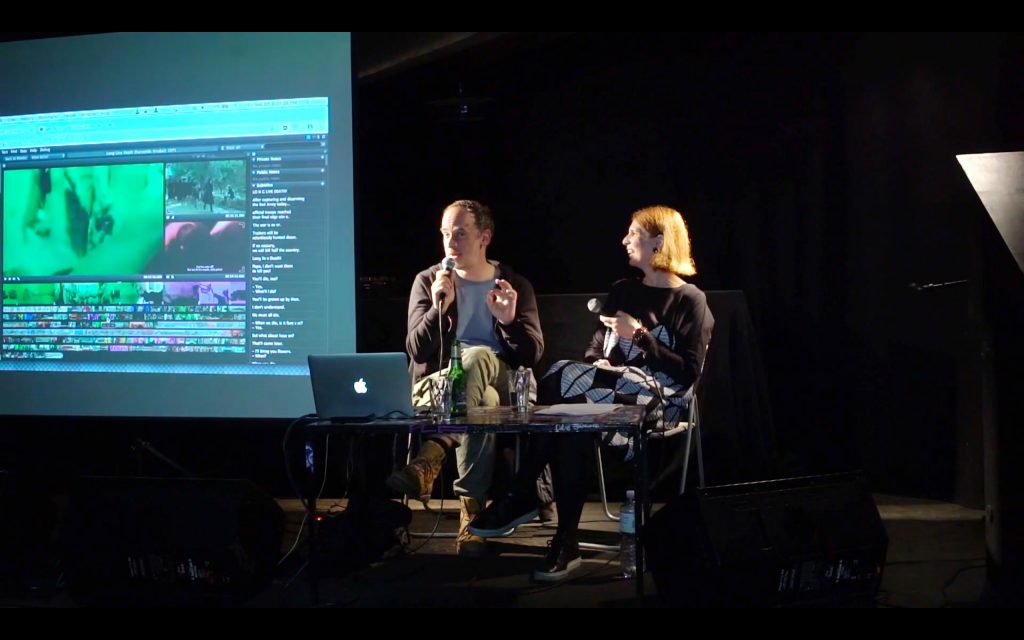Sebastian Lütgert in conversation with Cornelia Lund.
27 September 2019
panke.gallery Berlin
When films enter the database 0xDB(1) and its underlying software pan.do/ra(2), they become digital objects. As such, they form part of a network of interrelated elements that constitute the archival environment and, at the same time, point beyond it. How does this new environment affect our way of dealing with moving images? How does it affect the films and their aesthetics to be embedded in a digital framework of paratextual elements? And how do the films, in turn, influence this framework? What does it mean when the films are shown in the context of a Pirate Cinema(3) screening? And ultimately: how does this change not only the way we see the films, but also cinema itself?
(1) https://0xdb.org (2) https://pan.do/ra (3) https://piratecinema.org
Sebastian Lütgert is an artist, programmer, and writer. He is (together with Jan Gerber) the founder of experimental movie database 0XDB and the software behind it (pan.do/ra). He has co-initiated other initiatives like Pirate Cinema Berlin, Bootlab and texts.com.
Cornelia Lund is an art, film and media theorist and curator living in Berlin. She is the co-director of fluctuating images, a platform for media art and design with a focus on audiovisual artistic production. She has been teaching design theory at various universities.


